Wind
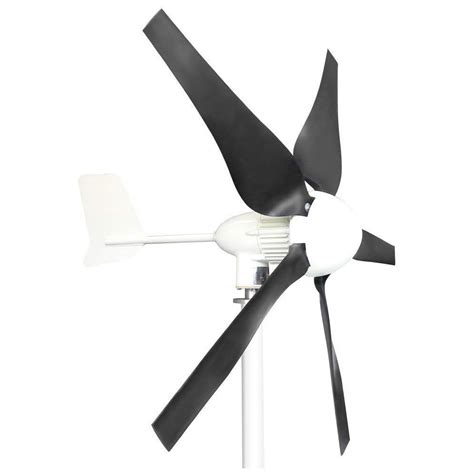
There is a large amount of science that goes into a successful wind generator. But first lets get some basic concepts out here. There are two main types of generators, and a few more that I will address later. The most common is the Horizontal-Axis Wind Turbine (HAWT) which is the ones you see dotting the countryside standing tall and trying there best to swat birds out of the air. Usually they have three massive blades and are featured on news stories for bursting into flame when they are over spun. To be fair they by and large do what they are designed for but take a bit of maintenance to keep them working correctly. This design is also used on sailboats and works reasonably well.
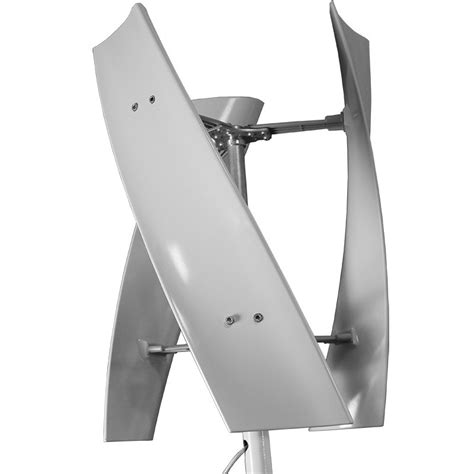
The other main design is the VAWT or Vertical -Axis Wind Turbine which offers a superior ability to catch the wind from all directions. For smaller installations these may be enclosed (and I use this term loosely) inside of a wooden construction to blend in with other buildings in the area. Open areas are placed in the construction that allows the wind pressure to turn the shaft and generate electricity.
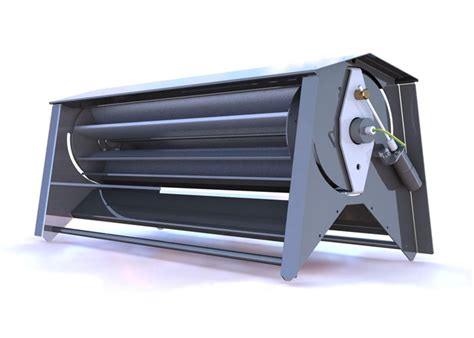

Storage Systems
We have all heard of Tesla’s Power Wall and I realize that in today’s political landscape you may want to choose another option. We are searching thru the companies out there to find quality products that will meet your needs at an affordable price. You may ask why choose to install a storage system;
Reduce Energy Costs
Energy storage allows you to store excess solar power, reducing reliance on the grid and lowering electricity bills.
Reduce Carbon Footprint
By using stored solar energy, you minimize dependence on fossil fuels, contributing to a cleaner environment.
Power outage protection
Solar batteries provide backup power during outages, ensuring uninterrupted energy supply for your home or business.
Off-grid independence
Energy storage gives you the flexibility to live or operate in remote areas without access to the traditional power grid.

We have a couple of Storage solutions available through our Suppliers, Fortress and Generac.
FEATURES of Fortress Power DuraRack
Indoor/Outdoor Rated Protection
Built to handle the elements, the DuraRack enclosure is IP65-rated for water and dust resistance — so this makes DuraRack perfect for both indoor utility rooms and exposed outdoor environments.
Integrated Busbars & Cables
Pre-wired with built-in busbars and battery cables, the DuraRack simplifies installation and makes stacking multiple batteries faster and more organized.
Thermostat-Ready for Cold Climates Easily add a DIN rail-mounted thermostat to activate heating in low temperatures — ideal for cold-weather installations that demand year-round reliability.
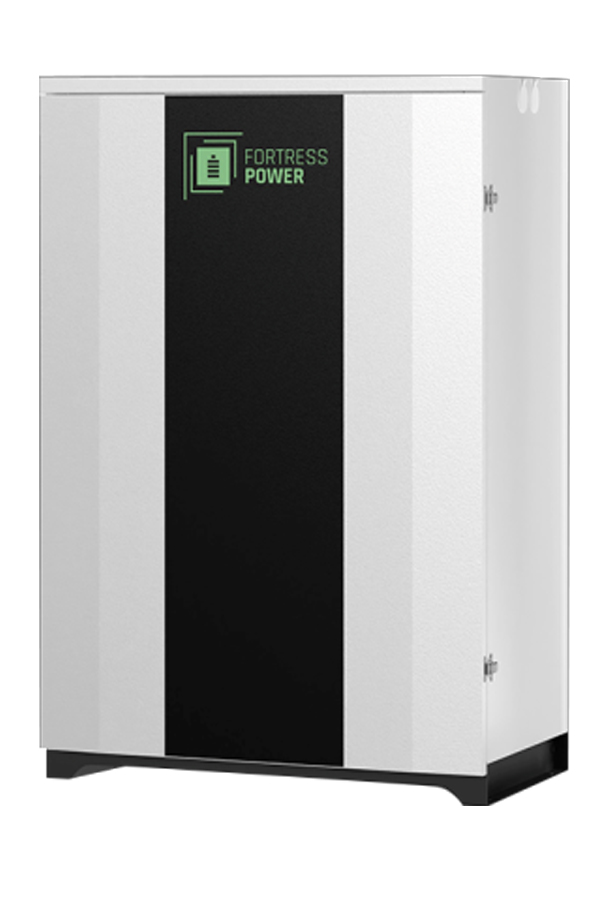
Passive Cooling for Hot Climates
Designed with vented airflow to promote natural passive cooling, helping maintain optimal battery performance in warm environments.
Scalable Storage Capacity
Each DuraRack stores up to 4 eFlex 5.4kWh batteries, and is expandable up to 4 units (15 eFlex batteries, 81KWh)
Secure, Professional Appearance
The DuraRack combines durability with a clean, tamper-resistant design — providing a secure, polished solution for residential and commercial projects alike.
Generac:
















Solar Panels
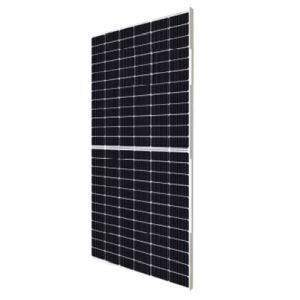
There are many companies offering panels these days and the technology is changing quickly. Before agreeing to purchase please do due diligence in making an informed decision.
Ask questions like:
- How much sunlight does my location actually receive?
- How much energy do I actually need?
- Do I need a grid tie system (where you sell surplus electricity back to your utility company)(is this even a choice that you have) or do I want a stand alone system where I will store my own surplus energy?
- What permits and regulations affect my location?
- What is the lifespan of the equipment that I am being offered?
There are many many things to take into consideration to design a successful and profitable installation. We work with folks who can help provide some of those answers but at the end of the day it is your hard earned money and your decision as to how it all turns out.
If you have questions please feel free to drop us a note and we will do our best to get you going in the right direction.